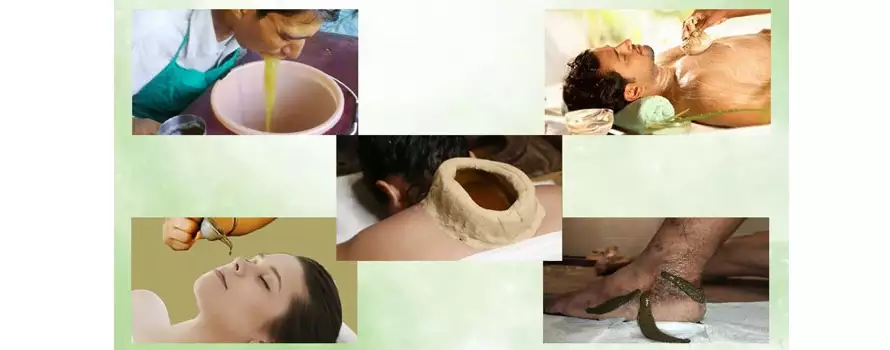Ayurveda offers a holistic approach to managing piles (hemorrhoids) by addressing the underlying imbalances in the body and promoting overall well-being. In Ayurveda, piles, also known as “Arshas,” are viewed as a result of an imbalance in the body’s Doshas, particularly an aggravated “Pitta” Dosha. Ayurveda is a holistic system of medicine that focuses on balancing the body, mind, and spirit to promote overall health and well-being. Ayurveda for piles is one of the most approach and can be beneficial if followed wisely.
Here are some Ayurvedic recommendations and remedies that may be helpful in managing piles
- Diet and Lifestyle:
- Follow a Pitta-pacifying diet: Include cooling and soothing foods such as fresh fruits, vegetables, whole grains, and legumes. Avoid spicy, fried, and excessively hot foods.
- Stay hydrated: Drink plenty of water to keep the digestive system functioning smoothly and to prevent constipation.
- Avoid straining: Avoid excessive straining during bowel movements, as it can worsen the condition. Take your time and maintain a relaxed posture during defecation.
- Regular exercise: Engage in regular physical activity to improve digestion, promote regular bowel movements, and reduce the risk of constipation.
- Herbal Remedies:
- Triphala: Triphala, a combination of three fruits (Amalaki, Haritaki, Bibhitaki), is known for its gentle laxative and detoxifying properties. It can help regulate bowel movements and improve digestion.
- Aloe Vera: Aloe vera has soothing and anti-inflammatory properties that can provide relief from discomfort associated with piles. It can be used topically or consumed in gel or juice form.
- Guggul: Guggul resin is believed to have anti-inflammatory properties and can help reduce inflammation and discomfort.
- Sitz Baths:
- Taking warm sitz baths with added herbs like Neem or Epsom salt can help soothe the anal area, reduce inflammation, and improve blood circulation.
- Ayurvedic Formulations:
- Ayurveda for piles recommends some Ayurvedic formulations, such as “Arshoghni Vati” or “Pilex,” are specifically designed to address piles. These should be taken under the guidance of an Ayurvedic practitioner.
- Ayurvedic Practices:
- Abhyanga (self-massage): Regular oil massage can improve circulation, promote relaxation, and help manage stress, which can contribute to piles.
- Stress Management:
- Stress can exacerbate imbalances in the body. Practices like meditation, deep breathing, and yoga can help manage stress and promote overall well-being.
- Consult an Ayurvedic Practitioner:
- It’s important to consult a qualified Ayurvedic practitioner before starting any herbal remedies or treatments. They can assess your individual constitution, imbalances, and provide personalized recommendations.
Remember that Ayurveda takes a holistic approach and focuses on preventing imbalances in the body. While these recommendations can be beneficial, results may vary from person to person. If you have severe or persistent symptoms, it’s essential to seek guidance from a healthcare professional. Additionally, combining Ayurvedic approaches with modern medical care can provide comprehensive support for managing piles.



